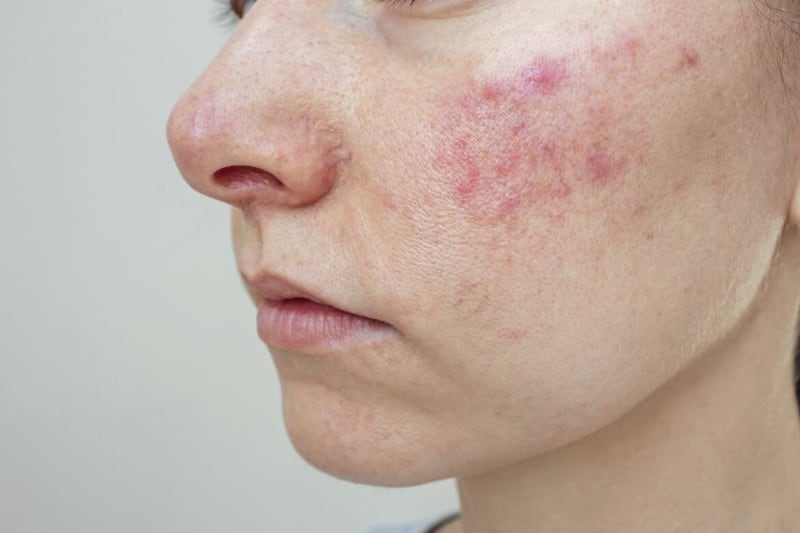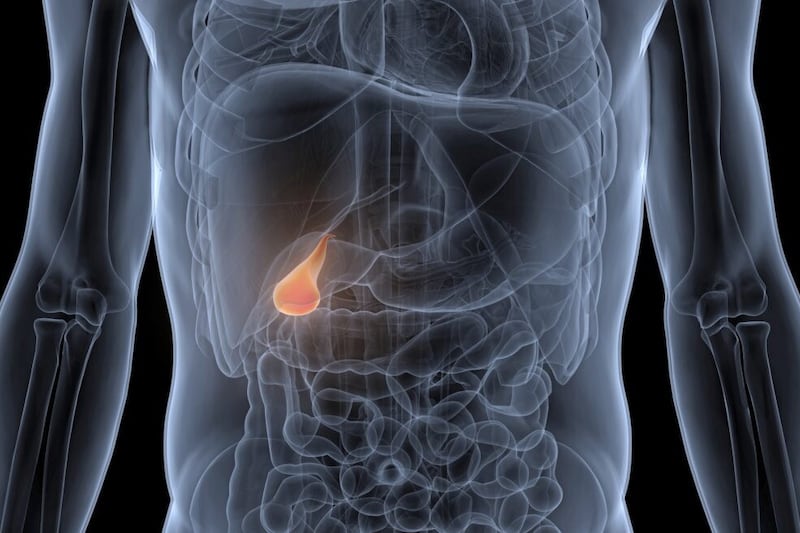Q: SIX years ago I was diagnosed with a low white blood cell count, but my GP said it was normal for me. I’ve been suffering from thrush and hives for around four-and-a-half years. Could these problems be linked?
JD
A: THANK you for asking this challenging question, which has prompted much thought. I suspect it is more likely that something is causing both your low white blood cell count and the recurrent Candida (thrush) and urticaria (hives), rather than the low white blood cell count being the trigger for those two conditions.
White blood cells are a key component of the immune system. There are different types, but, when we speak of a low white blood cell count, we normally refer to neutrophils, which account for 60 to 70 per cent of all white blood cells.
Low levels of white blood cells, also called neutropenia, is when the count is below 1,500 cells per microlitre of blood.
The range is naturally lower in some ethnic populations. Apart from that, the most common cause of a low count is related to medications – these include the cancer treatment methotrexate and rituximab, a monoclonal antibody used to treat some autoimmune disorders, along with many anti-inflammatory, cardiovascular, antibiotic, anticonvulsant and diuretic drugs.
Some infections, nutritional deficiencies, rheumatological disorders and certain bone marrow disorders may also result in neutropenia, by inhibiting the production of white blood cells in the bone marrow. But, in a person of otherwise good health, a low neutrophil count is usually of no consequence, as your doctor has explained.
Indeed, if it was anything to worry about, then, over six years, your health already would have suffered noticeably.
So, on to your other issues.
Thrush, an overgrowth of the yeast Candida albicans, mostly occurs as a vaginal infection or balanitis, an itchy rash on the penis, usually in men with diabetes. It may also occur in the mouth and throat.
Thrush is generally unrelated to the white blood cell count, and the most common cause is to have been taking antibiotics, because these can inadvertently eradicate the protective bacteria in the body (part of our natural microbiota, or balance of bacteria), allowing unfriendly yeasts to grow unchecked.
Hives, known medically as urticaria, are common, too, affecting at least 20 per cent of us at some stage in our lives.
This intensely itchy, raised rash occurs when a reaction activates immune cells in the skin known as mast cells, which release a number of chemicals including histamine, resulting in the symptoms.
However, a detailed search of the available literature has failed to show any link between that and a low white blood cell count.
My question is, have you been taking any regular medication over the past four-and-a-half years?
For example, if you have type 2 diabetes and are taking a sulphonylurea drug for it, this might cause a low white blood cell count and could, in theory, cause urticaria through an allergic reaction to the drug.
The diabetic state might itself lead to episodes of thrush.
In summary, the answer to your question lies not in your low white blood cell count itself, but within other aspects of your health history – and I would be interested to hear from you again if any of the above prompts you to send me more details.
© Solo dmg media








